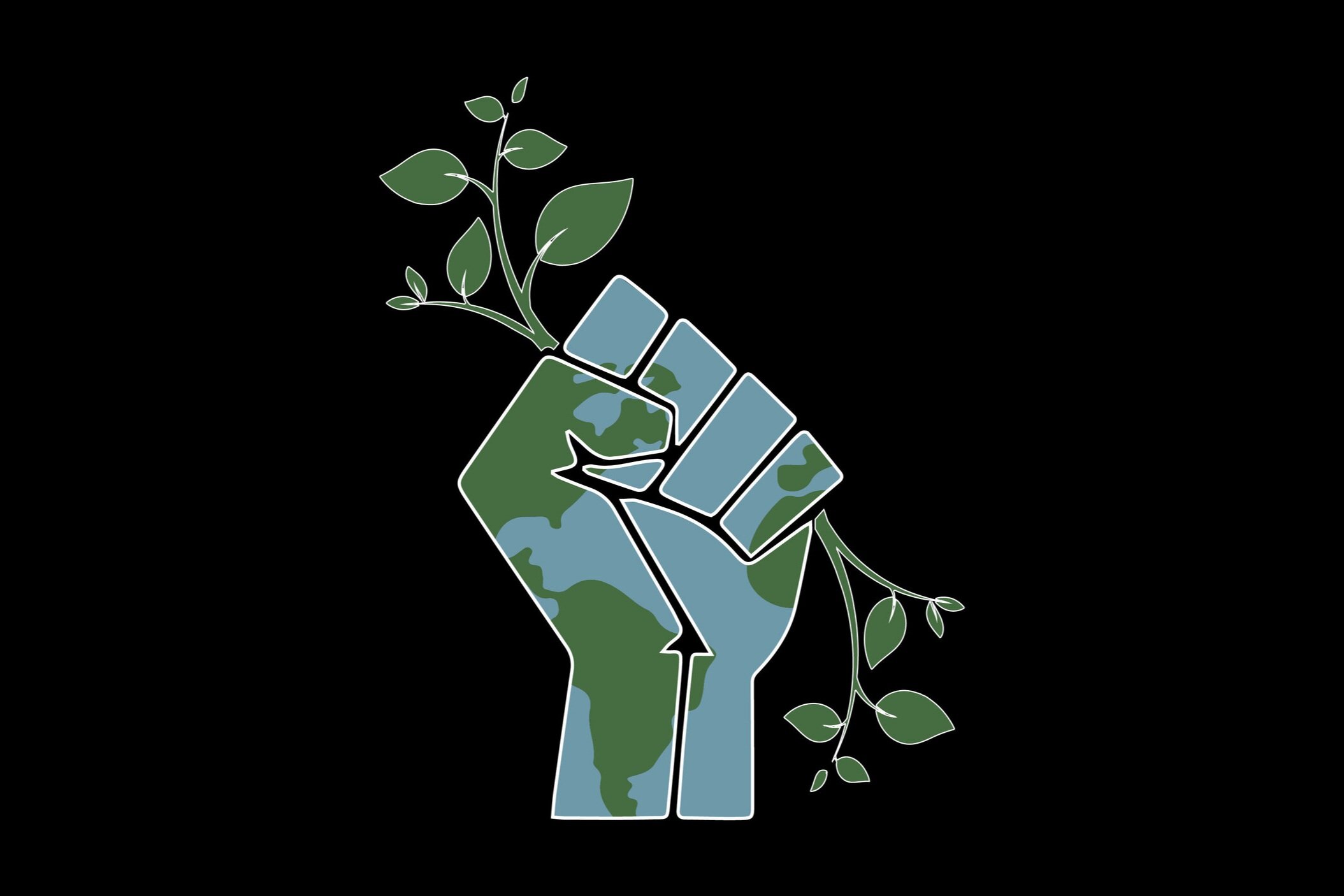Learn
Blog
All the latest ideas and news from Upstream’s thought leaders and partners.
EPR for packaging: then and now
I believe this will be the year that EPR for packaging moves forward in the United States. The conditions are ripe, and policymakers are engaged and educated around the issues in a way that they weren’t five years ago. It’s going to take a lot of hard work by stakeholders on all sides to get to the finish line. It won’t be easy, but the results will be worth it. Let’s get it done.
Why we need to “Break Free From Plastic” AND embrace reuse
Because the Break Free From Plastic Act does not currently focus on reusables, we organized a working group to develop recommendations for building reusable/refillable requirements into the Act and have been communicating these ideas to the authors of the legislation.
A design sprint with business innovators
UPSTREAM, in partnership with Remark.eco, hosted a one day virtual design sprint in August 2020 using GV Sprint Methodology. Our goal was to develop a scalable, viable model for reusable systems for prepared food and beverage in the COVID era, helping businesses stay open and thriving while also protecting our health and the planet.
Moving forward in America
We must find ways to move forward as a nation and to learn to see each other as neighbors again – to forge a new social contract that seeks to truly lift all people up and to come together on the issues of our time.
Reduce, Reuse, Rejoice!
Laura Marston, owner of the reuse and refill store GoGo Refill in Portland, Maine, put together a gift guide for those who want to give more love by giving less waste.
We are all neighbors
Let’s do our best to find ways to reach out and dive deep, to be courageous listeners and common ground seekers, to leave the finger-pointing behind and jumpstart the friendmaking.
Refill. Putting the power to reduce plastic in our hands
City to Sea, an environmental organisation based in the UK, has been working hard to provide practical solutions to plastic pollution.
Reflections on Racial Justice & Environmentalism
Dr. Mustafa Santiago Ali and Miriam Torres brought their invaluable perspective, expertise and advice to a livestream discussion on 9/24.
From As You Sow: Using Shareholder Pressure to Get Big Brands to Clean up Plastic Pollution
As You Sow uses shareholder advocacy to press publicly-traded companies to improve their social and environmental practices and policies.









